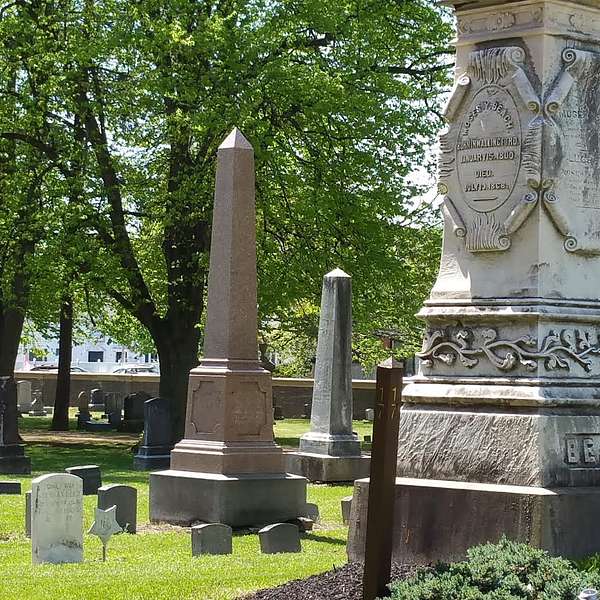
As Told Here | More than TV | WPAA-TV
Welcome to 'As Told Here' conversations and stories shared in the public interest from studioW at WPAA-TV and Community Media Center Wallingford CT. 'As Told Here' brings community media to where you are.Thanks to our local producers and Team Hercules for production support. Featuring Community Media shows including the award-winning 'MidLife Matters' hosted by Georgian Lussier, #CitizenMike - since 2010 - commentary and interviews on political or government-related topics hosted by Mike Brodinsky, 'Out Of The Dark'- Looking at Mental Health through the practiced eyes of the Therapy Twins, and HumanKindBoth Exploring the Middle Path known for conversations among strangers.
As Told Here | More than TV | WPAA-TV
Moses Yale Beach | His Time and Ours
A guided conversation about Wallingford CT native son, Moses Yale Beach, whose contributions to the world are mostly unsung. Among his contributions is the founding of the Associated Press.
With us in conversation are Valerie Komor, Director of Corporate Archives at the Associated Press, and Professors of American History Menahem Blondheim and Robert E. May.
For Context
Moses Yale Beach was born in Wallingford CT on Jan 15, 1800, and died in 1868. A man of many skills and innovations, his most successful venture involved the penny newspaper, The Sun, from 1838 to 1858. He died approximately three years after Lincoln was assassinated while living in his mansion built by architect Henry Austin.
Panelists
Professor Robert May, formerly of Purdue University and now retired, is a specialist in 19th-century American history and the author of, among others, Manifest Destiny's Underworld, The Southern Dream of a Caribbean Empire, Slavery, Race, and Conquest in the Tropics: Lincoln, Douglas, and the Future of Latin America and Yuletide in Dixie: Slavery, Christmas, and Public Memory.
His works contribute renewed understanding of and interventions to knowledge about 19th-century American Western expansion. In so doing, Professor May’s work alters and enhances our understanding of Manifest Destiny, Underground Railroads and other important focus topics affixed to the Antebellum and beyond, and Professor May’s recent writing continues to explore the necessity of intervention in nationwide education curriculums.
Professor Menahem Blondheim is a faculty member in the Dept. of Communication and Journalism and the Dept. of History at the Hebrew University of Jerusalem.
His research explores the role of communication in American and in Jewish history, as well as the history of media. A former entrepreneur and executive in the high-tech industry in the dawn of high-speed digital communications, he also studies the development, performance, and meaning of communication technologies, new and old. He has received his BA degree from the Hebrew University, MA and PhD degrees from Harvard University, and has won fellowships from the NEH, Smithsonian Institution, Library of Congress, and the University of Pennsylvania. Professor Blondheim’s extensive work in communication and communication histories is, for our purposes, fascinatingly presented in his book, News Over the Wires: The Telegraph and the Flow of Public Information in America, 1844—1897.
Director Valerie Komor is the founding Director of the Associated Press Corporate Archives. Before joining AP in 2003, she held positions at the Oberlin College Archives, the Rockefeller Archive Center, the Smithsonian Institution Archives of American Art and the New-York Historical Society. She holds an M.A. in Medieval Studies from Yale University and an M.L.I.S. from the University of Texas at Austin. In 2003, AP Vice President and Director of Corporate Communications, Kelly Tunney, asked Director Komor to establish AP’s first corporate archives. According to Director Komor, ‘this offer was a great challenge, as it involved creating a new department and promoting a new idea within the company: the systematic documentation of AP itself.’
Facilitator & Contributor: Riaan Oppelt, an English and Cultural Studies
scholar at Stellenbosch University, South Africa, interested in the absorbing global histories of media and communication with attention to our contemporary media cycles and usages.
Our three guests and their work, have ties to the subject of our discussion today, namely Moses Yale Beach —a name largely still unrecognized in the public imaginary